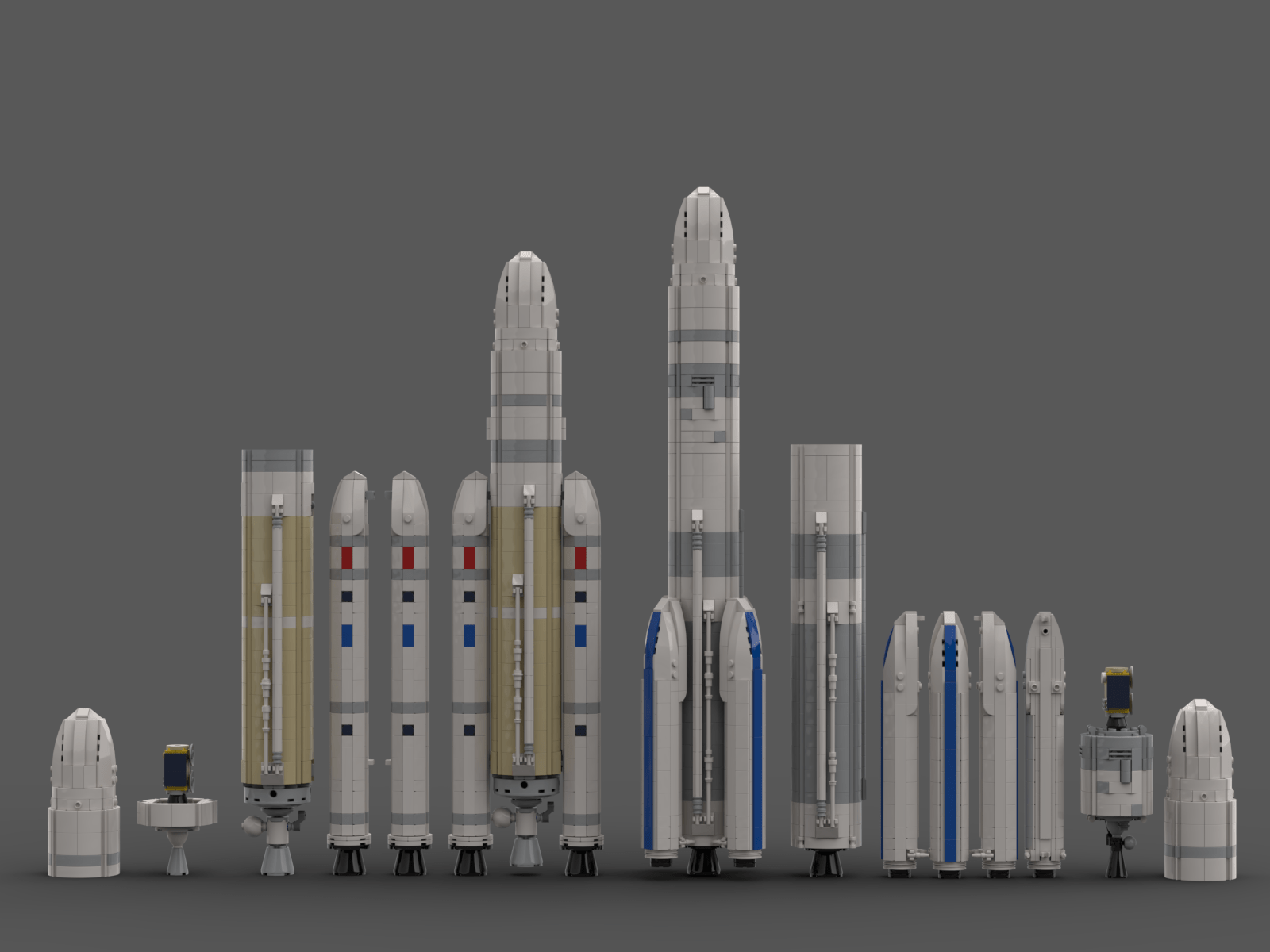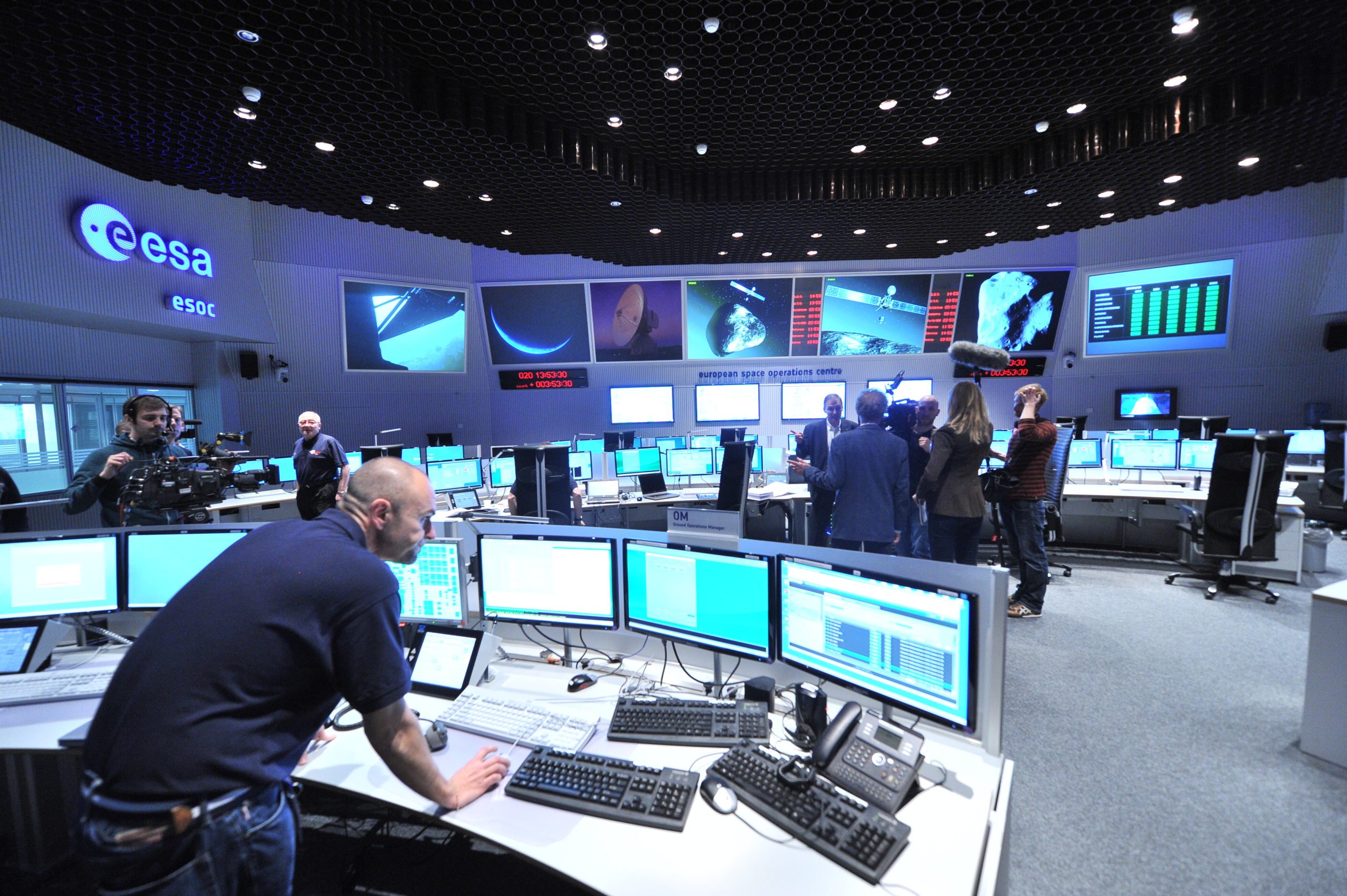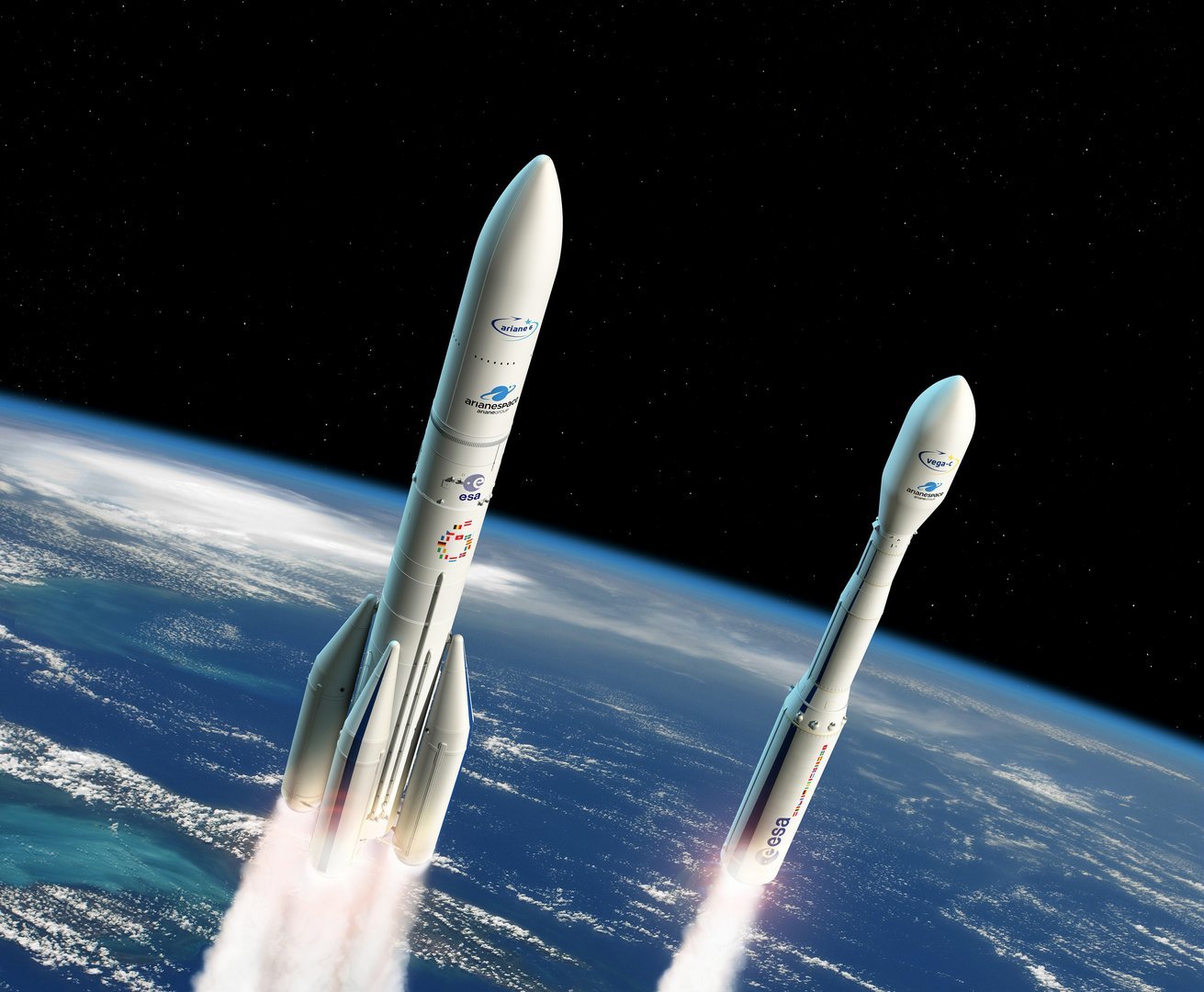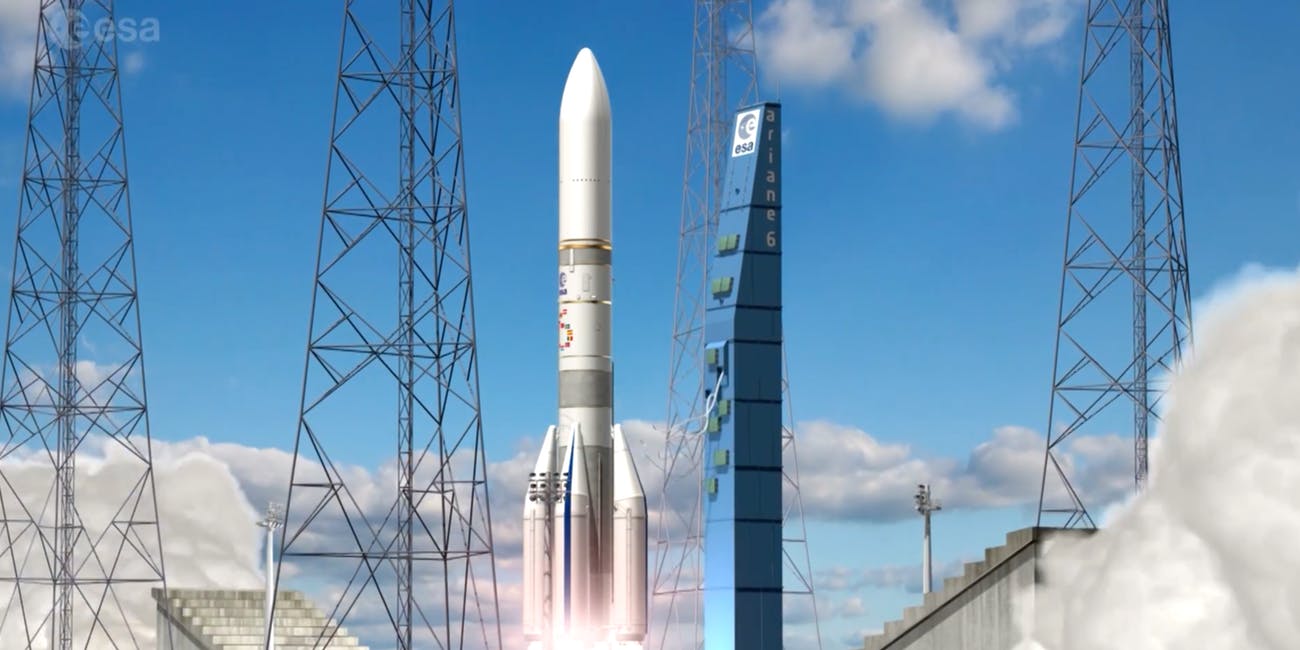© 2000-2023 - Enkey Magazine - All rights reserved
ENKEY SNC - VAT ID IT03202450924 / REA Code CA253701 - Phone. 078162719
Ariane 6 will take off in the first months of the 2020; it’s now official.
Preparations are underway and the testing for the new launcher of the European Space Agency. Ariane 6, developed by the france-germany company Ariane Group, will follow the way of its predecessor Ariane 5, even if it costs substantially less.
We talk, infact, of costs up to the 40% less compared to the ones of the previous launchers. Without though compromise the advanced technical characteristics of the prototype.
The waiting is for the 2020, and specifically for the second half of the year, when the launcher will take off toward our Satellite.
To confirm the interest of the Europe for the space race, and especially for the Moon, has never failed.
Ariane 6, the characteristics of the new european launcher
But why did the eye of Europe look right to the new jewel of the Ariane “fleet”?
The Ariane 6 has a huge number of characteristics which make it one of the most sophisticated device for the space exploration of the last years.

The 14 models of Ariane 6 were all realized in really short times. It dates back to May the new that ArianeGroup wanted to produce them serially. And less then one year later, the new launchers are ready to deal a big challenge; taking off toward the Moon.
There two different configurations, Ariane 64 and Ariane 62. The difference is in the number of the boosters, written after the 6. Even the weigth changes proportionally; Ariane 62 will weight at the take off 530 tonns, while Ariane 62 will weight almost two times that (860 tonns).
Furthermore Ariane 6 is equipped with a propeller Vinci much quicker and dynamic of the HM-7B which had its predecessor.
A project that involved the whole Europe
The very extraordinary aspect of the Ariane 6 is the pool of resources which were used to create the launcher.
It is infact an european project in the very meaning of the word.

A project that saw working Germany, Belgium, France, Italy and Spain, with the cooperation of Ireland, Austria, Norwey, Sweeden, Romanian, Czech Republic and Holland.
A joint venture which mission was the one to replicate that “small step for humanity” (as Armstrong called it). By making the Moon (and the space) ever closer and affordable.
The purposes of Ariane 6
Let’s see so in detail which are the main purposes of Ariane 6.
Firstly, the new heavy launchers of ArianeGroup will allow the ESA to autonomously access to the space; a really ambitious target that the European Space Agency announced already the last November.
Thanks to these rockets of last generations it will be possible to substantially speed up the construction works of the Gateway station, about which we talked about in this article.
But it’s not enough. Because the flexibility is surely the most important thing of the new launchers Ariane 6.

These vehicles will be straight put in geostationary orbit, without the need to use transfer orbits. The result is that the orbital transfers will become incredibly quicker, a reality that seemed impossible until few decades ago.
Therefore, Ariane 6 may do launches in polar orbit, in medium terrestrial orbit and even helium-sincrona orbit, with charges that go from the 5 to the 20 tonns.
It will be so used, according to the first rumors, to transfer in lunar orbit a probe able to take a sample of regolith.
The last tests before the launch
Now it really miss a few to the triumphal launch of the new rocket Ariane 6.
According to the first declarations of ArianeGroup, the “debut” will happen right after the first months of the 2020.
And as one might expect, the preparations are underway as well as the last tests to establish that the new rocket is perfectly working and that nothing will be wrong.

Currently they finished the first quality tests on the engine; a Vuilcan 2.0 with liquid fuel which brilliantly passed the routine controls, the proofs of vibration and the dynamic ones.
Once finished the last tests we will be able to go on with the first flight simulations, waiting that the Ariane 6 will take of from the Guyanes Space Center in the 2020.
This post is also available in:
 Italiano
Italiano

